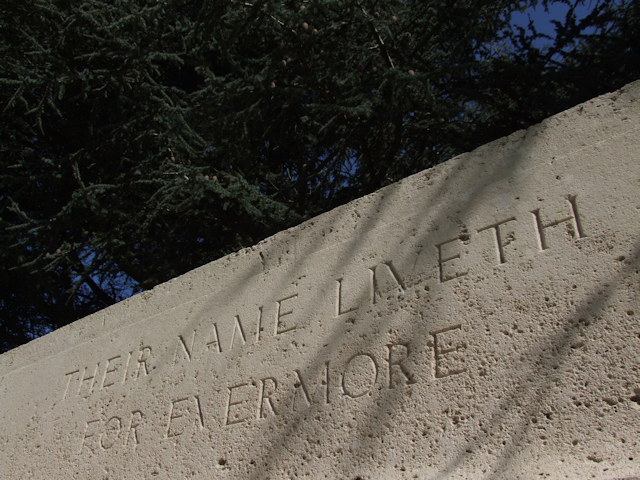Name
William Henry Bignell
Conflict
First World War
Date of Death / Age
Rank, Service Number & Service Details
29902
Machine Gun Corps
8th Battalion
Awards: Service Medals/Honour Awards
Not Yet Researched
Cemetery/Memorial: Name/Reference/Country
Headstone Inscription
Not Researched
UK & Other Memorials
Biography
William Henry Bignell was born at Northchurch in the spring of 1885. His connection to Abbots Langley came later in his life when he was employed as an Attendant at the Asylum, and in 1915 when he attested, he gave his address at 4 Tanners Hill, Abbots Langley.
William lived at New Road, Northchurch with five brothers, two sisters and his father and mother George and Elizabeth Bignell. George worked as a Labourer in a Chemical Works, and in the 1901 Census William had joined his father, who also worked at the same Chemical Works. William worked as a Labourer and married Elsie Cooke on 12th February 1914 at Watford. Two and a half months later their first child, Joan Elsie, was born on 25th April. When he enlisted in 1915 William was employed as an Attendant at the Leavesden Asylum.
The Abbots Langley Parish Magazine Roll of Honour recorded William serving with the 9th Bedfordshire’s in September 1916, but he had attested on 10th December 1915 at Watford, and the next day was posted to the Army Reserve. William was mobilised on 2nd June 1916 and attached to the 9th Bedfordshire’s. The 9th Bedfordshire Battalion served in England throughout the War, training men and providing drafts to fighting units at the Front. William only spent a short period with the 9th Bedford’s and was appointed Acting Corporal on 27th July 1916, before being posted to the 8th Battalion of the Machine Gun Corps the very next day. On 17th March 1917 he was promoted to the rank of Corporal, and on 1st April arrived in France.
On 22nd October 1917 William was admitted to 46 Stationary Hospital with diarrhoea, and was returned to England on 2nd November 1917, never to return again to serve at the Front. Throughout 1918 he was regularly transferred between Reserve Battalions of the machine Gun Corps – 8th Reserve (12th June 1918), 4th Reserve (28th September 1918), 3rd Reserve (14th December 1918) – before being demobilised on 26th January 1919, being classified as Medical Category B3. William was assessed to be 20% Disabled. It was considered that Military Service had aggravated his asthma and bronchitis, and he was awarded a Pension of 6 shillings (30p) for 52 weeks from 24th February 1919.
Another Abbots Langley man, William John Bignell was employed at as an Attendant at the Asylum and also served. No family relationship has been found with William Henry Bignell.
William Henry Bignell survived the War.
Acknowledgments
Roger Yapp - www.backtothefront.org



